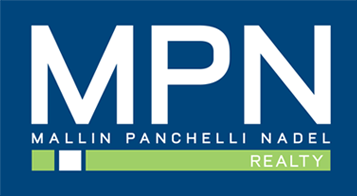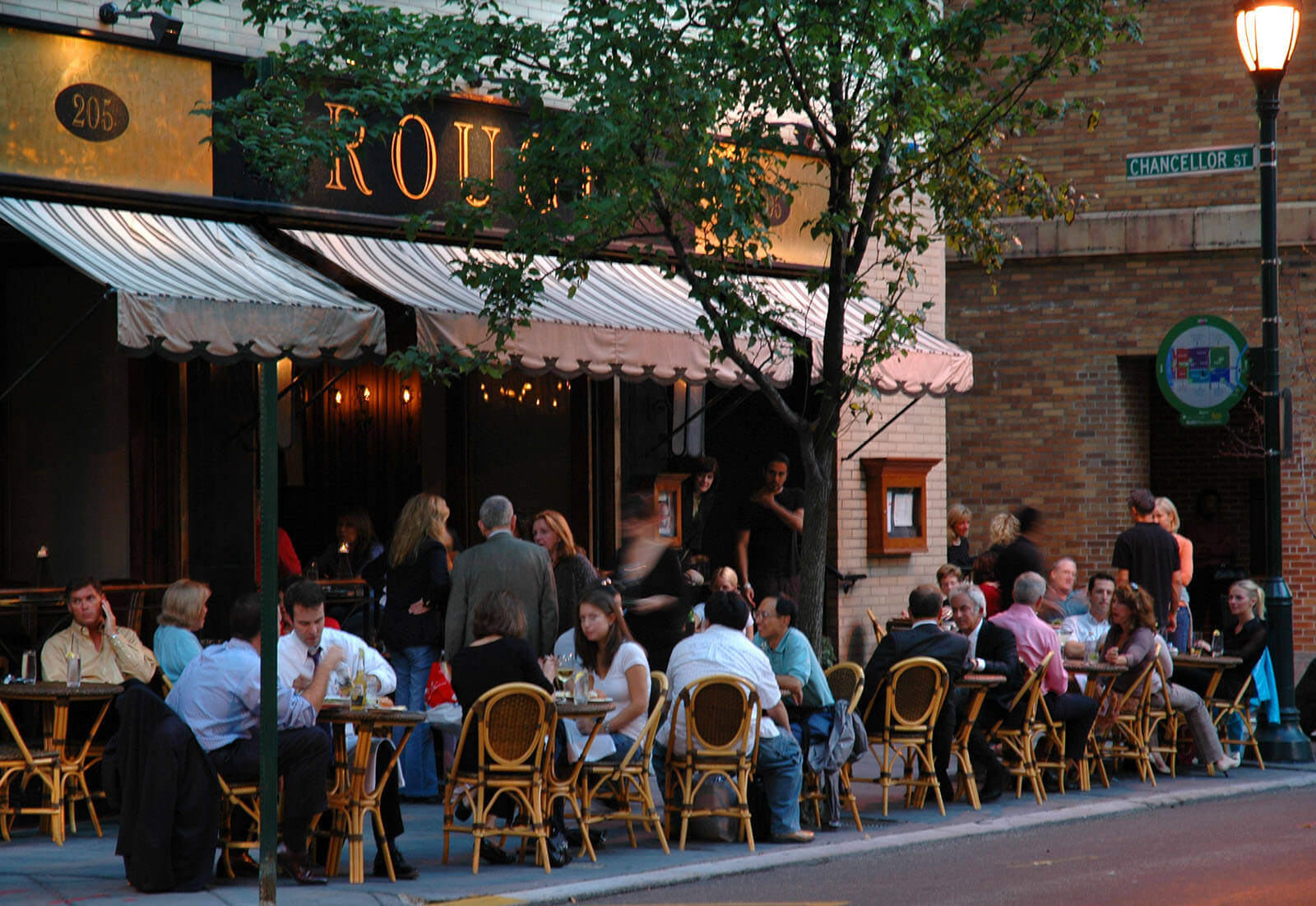As the coronavirus pandemic rages into the fall, retailers and restaurateurs have worked to quickly adapt to the “new normal.” In the early stages of the virus, many of these businesses were only able to re-open their doors by being quick to implement reactionary changes, ensuring compliance with safety guidelines. Many of these changes appear to be here for the long haul.
MPN Associate Nadia Bilynsky weighs in on what she has seen with her Philadelphia clients. “After speaking with many business owners over the past couple of months, I agree that many of the new guidelines, especially sanitation guidelines, are extremely beneficial and will continue to be the new norm for retailers,” Bilynsky says.
Designers Work with Retail Owners to Create Properties That Will Draw Consumers, Make Them Feel Safe.
NEW SAFETY MEASURES
Safety measures that are likely to become permanent include new additions such as plexiglass shields at checkout counters, signage and markings on the floor to encourage social distancing, hand-sanitizing stations, and cart cleaning supplies. Surfaces that are not easily able to be cleaned, such as casual seating areas, are likely to be eliminated.
Right now, businesses have been staying afloat by adapting and implementing these initial changes. However, developers are seeing long-term trends emerge for new businesses, as future development sites are weighing how to be more thoughtful in their efforts to prevent the spread of germs. These trends include more planned open-air dining and more “clean” elements, including sanitization stations and touchless features, such as automatic doors and faucets. More extensive air filtration systems that mitigate viruses and bacteria are also top of mind.
CAPACITY NEEDS AND SPACE CONSTRAINTS
Spatial needs are evolving, and the impact in this arena will continue to change over time. Social distancing and reduced seating capacities have had major impacts in restaurants. Bilynsky comments, “capacity restrictions are continuing to hurt business. I don’t know how long many, especially restaurants, will be able to survive at capacity limits of 25% or 50%. I feel that social distancing guidelines will continue to be in place for quite some time, but the question becomes at what level will operators be able to continue to stay open?”
One way that restaurants have been able to overcome capacity restrictions has been through the utilization of outdoor dining. Many areas in the US have been able to pedestrianise roadways to accommodate additional capacity for restaurants. Other restaurants have been able to expand dining to a patio or a parking lot.
In the retail segment, as space requirements change, an impact we have initially seen is the amount of inventory stores can offer. Considerations will continue to be paid to the amount of inventory stores can maintain on site, as opposed to warehoused, while still being able to provide quick customer pickup. Additionally, types of fixturing and furniture that have been previously utilized by retailers may need to change to allow for additional space and movement. Emerging designs in the industry include a more streamlined, less cluttered focus with more room for customers to safely shop.
LONG-TERM EFFECTS
For companies to survive the pandemic, creativity, innovation, and flexibility will have to be at the forefront. Being able to quickly adapt to ever-changing business demands is of paramount importance.
Over the next few years, it is expected that we will see retail closures, as the pandemic has caused permanent shifts in behavior. Many consumers have shifted most of their purchasing activities online. If and when they choose to return to brick-and-mortar locations, they will have the expectation that they receive a superior level of service to what they have become accustomed to online over the past few months.
Consumers are looking for unique experiences and ways to safely enjoy human connection, rather than just popping into a shop for the quick buzz of a purchase. Retailers and restaurateurs able to recognize this and go above and beyond to provide a quality experience are far more likely to prevail than those who are just looking for a quick buck.
As doors close in the retail industry, vacancies will pave the way for a new retail landscape. New stores will emerge, new restaurant concepts will come to light. The dedicated associates at MPN can help navigate the complexities of the rapidly changing market.






